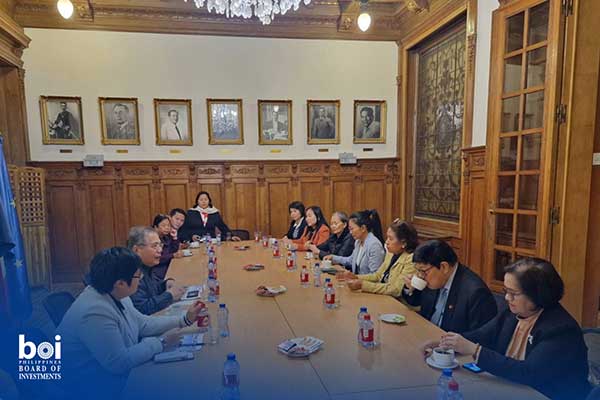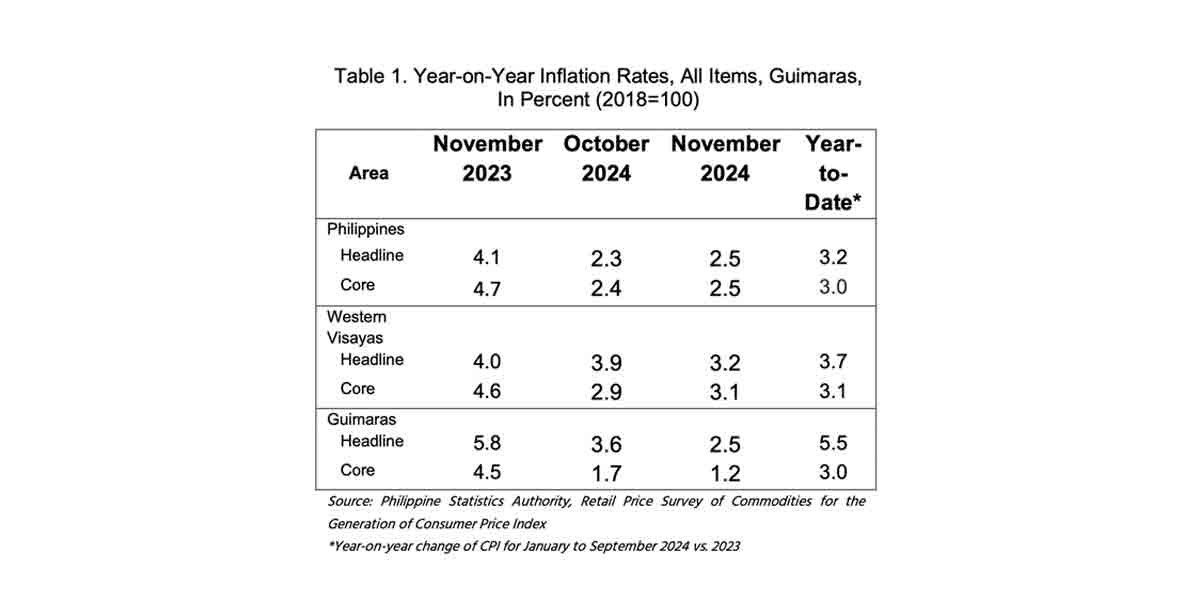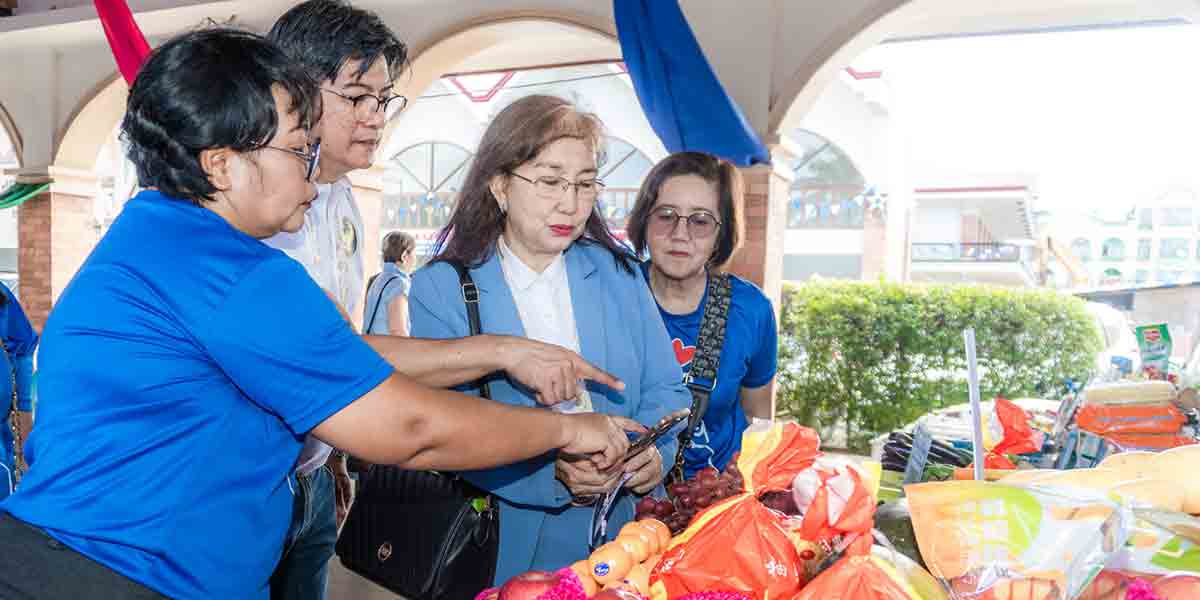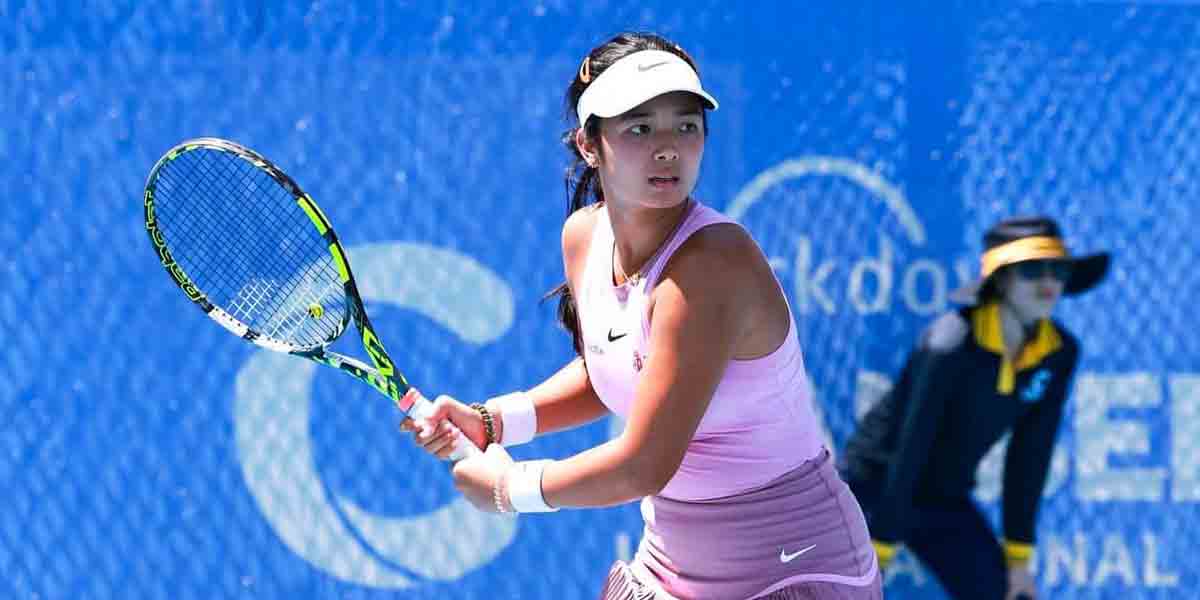
The Philippines is stepping up efforts to boost its coconut industry in the European Union (EU) market, promoting investment opportunities in integrated coconut processing. The Department of Trade and Industry (DTI), in collaboration with the Department of Agriculture (DA) and the Philippine Coconut Authority (PCA), led a trade mission to the Netherlands and Belgium from Sept. 9 to 13, 2024.
As the world’s second-largest coconut producer and the top exporter of coconut-based products, the Philippines is aiming to solidify its position in the EU. In 2023, the EU imported 105,104 tonnes of coconuts from outside the bloc, valued at €146 million, with the Philippines accounting for 40% of the total imports, according to EUROSTAT.
The mission focused on expanding exports of Philippine coconut products and attracting investments into integrated coconut processing facilities. The Philippine delegation included DTI-BOI Director Raquel Echague, DA Assistant Secretaries Philip Young and Atty. Paz Benavidez II, and PCA Trade and Market Development Manager Rosella Villaruel. They were accompanied by representatives from the private sector, including Oleo-Fats Incorporated and New Asia Oil Incorporated.
During the mission, the delegation participated in the Oils and Fats International (OFI) Conference in Rotterdam, marking the first time the Philippines exhibited in this global event. “This visit sends a clear message that the country is fully committed to advancing its coconut industry and trade,” said Philippine Ambassador to the Netherlands J. Eduardo Malaya.
In addition to showcasing innovative and sustainable coconut-based products, the delegation engaged in technical discussions on market trends, sustainable processing, and regulatory developments in the vegetable oils and fats sector. “The OFI Conference serves as a crucial platform for networking, knowledge exchange, and exploring innovations in the oils and fats industry,” said Echague.
In Belgium, Charge d’Affaires Pablito Mendoza noted the growing interest from Belgian companies in exploring trade and investment opportunities with the Philippines. “This mission lays the groundwork for future partnerships in the coconut industry,” Mendoza said.
Business roundtable discussions were held in both the Netherlands and Belgium, where Philippine officials presented investment opportunities in integrated coconut processing (ICP). PCA and DTI highlighted the diverse range of coconut products available from the Philippines, supported by the Coconut Farmers and Industry Trust Fund Act.
The Netherlands remains the top EU importer of coconut products from the Philippines, a status bolstered by the country’s Generalized Scheme of Preferences Plus (GSP+) privilege. This trade preference makes the Philippines the only GSP+ eligible country in Southeast Asia, offering competitive advantages for its exports.
The delegation also conducted market visits to retail outlets in both countries to observe the latest trends in coconut product packaging and benchmark against competitors. The mission is part of the Philippines’ broader strategy under the Coconut Farmers and Industry Development Plan to expand its coconut industry globally.
The DTI and PCA plan to further collaborate with European organizations such as COLEAD and FEDIOL, which are involved in sustainable agricultural value chains and the vegetable oil industry, respectively, to promote Philippine coconut products and enhance trade relations in the region.






















